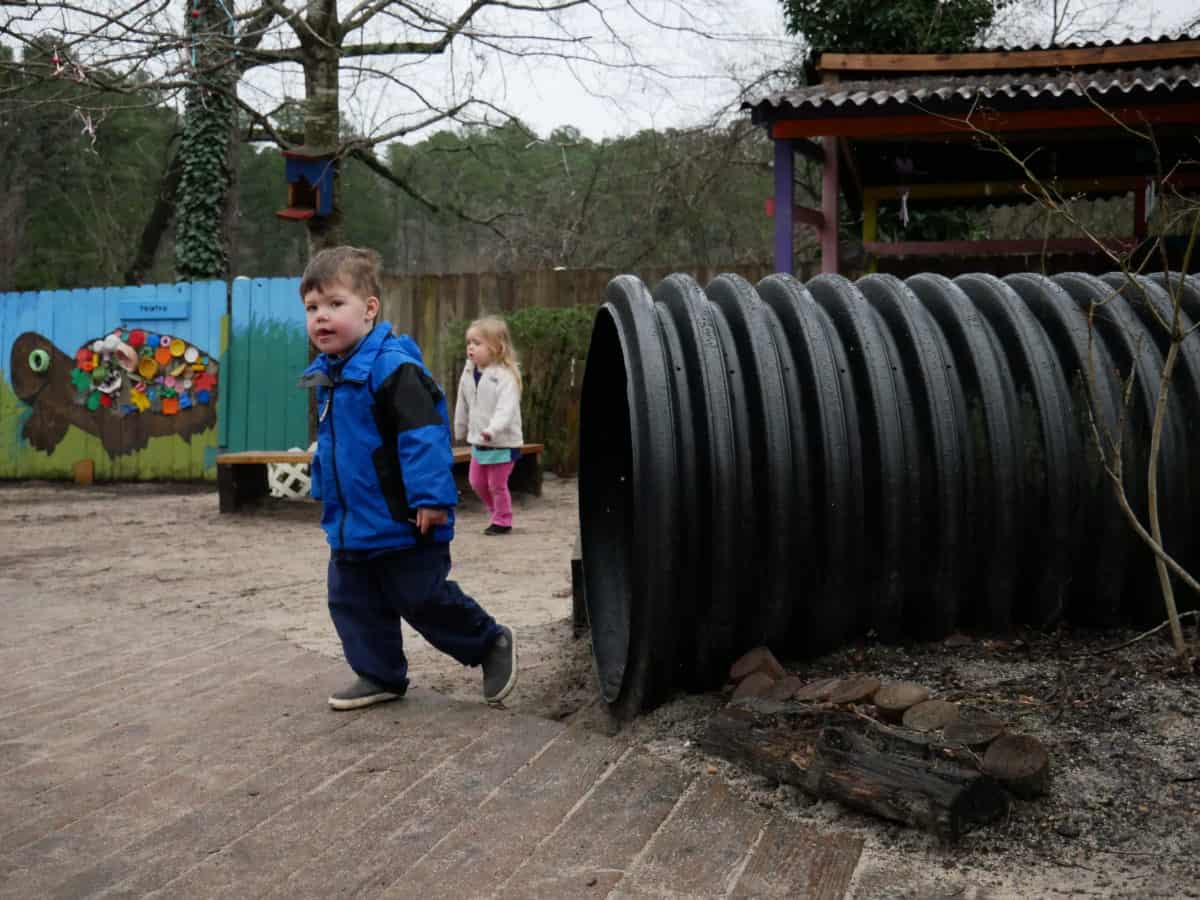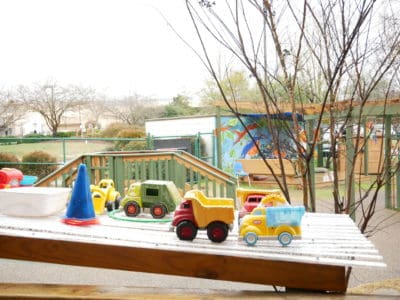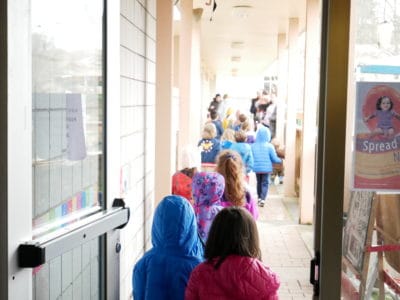

Though Darlene Brannon, director of Durham child care center Kids Korner Academy, has been able to keep her eight employees working and paid, she says she’s worried she won’t get funds soon enough to continue to do so.
“The timeframe is what might put me on edge,” Brannon said. While worrying about finding basic supplies like food and disinfectant to care for children, she is relying on subsidy payments from the state to keep her staff afloat.
“A lot of my teachers live from paycheck to paycheck,” she said. Over the last couple of weeks, she’s been offering to drive four of her teachers to the grocery store who do not have cars or money for Uber rides.
Even with current state support, centers like Brannon’s are struggling. They have lost a large portion of their revenue from parents who usually pay out of pocket but are now staying home with their children.
Gov. Roy Cooper’s executive order Wednesday calls for centers to care for children of essential workers, children receiving child welfare services, and children who are homeless or in unstable or unsafe living situations during the COVID-19 crisis. About half of the state’s centers are staying open through an application process mentioned in the order that requires elevated health and safety guidelines and encourages them to accept children of workers who don’t have other options.
But child care industry advocates are saying centers need immediate support to be able to access supplies, pay teachers, and account for revenue losses from parents staying home.
“It is an excruciating place for child care centers to be,” said Michelle Hughes, executive director of NC Child.
Early education advocacy organizations like NC Child are asking Cooper and the legislature for $125 million in short-term support for the industry. State support such as stable subsidy and NC Pre-K payments, an emergency subsidy program for essential workers, and bonus teacher payments, as well as federal support — which totals about $115 million for the state so far — are not enough, they say.
“Additional state investment is truly needed,” said Donna White, interim president of the North Carolina Partnership for Children.
In a presentation to the House Select Committee on COVID-19 Thursday, White said this state assistance should also go toward helping centers with fixed costs, incentives for second-shift child care staff for parents who need 24-hour care, and higher bonus pay for child care workers on the front line of the pandemic.
“Now with the higher unemployment, most staff can make more on unemployment than staying in their positions,” White said.
“Child care educators were among the lowest paid professionals in our community before this crisis, but they are stepping up now to meet this challenge head on,” said Jennifer Simpson, director of the Blue Ridge Partnership for Children — who also presented to the committee Thursday.
Simpson said the partnership has been able to secure private funding from local sources to give bonuses to early educators in the counties it serves on top of what the state is offering “to recognize their personal risk of exposure to this disease as well as the potential risk that they take home to their own families at the end of every day.”
Hughes said this short-term funding request will not be enough to keep the industry going as the crisis subsides, including centers that have closed and may not be able to reopen. A survey by the National Association for the Education of Young Children found that a third of centers would not be able to reopen if they closed during the pandemic.
“It probably is a down payment on what’s going to be needed in the future,” she said.
Hughes said more details will come from the early childhood advocacy community next week on how the state funding they are requesting would be used.
Resources are also available through small business loans and emergency grants from the U.S. Small Business Administration.
For Brannon and her teachers, outdoor gardening is underway. Lesson planning continues. Reading is still an everyday necessity. But she said she sees fear and stress in her staff daily.
“The real fear is within our soul,” Brannon said. “We don’t know what could possibly happen tomorrow. We’re just taking it one day at a time.”




